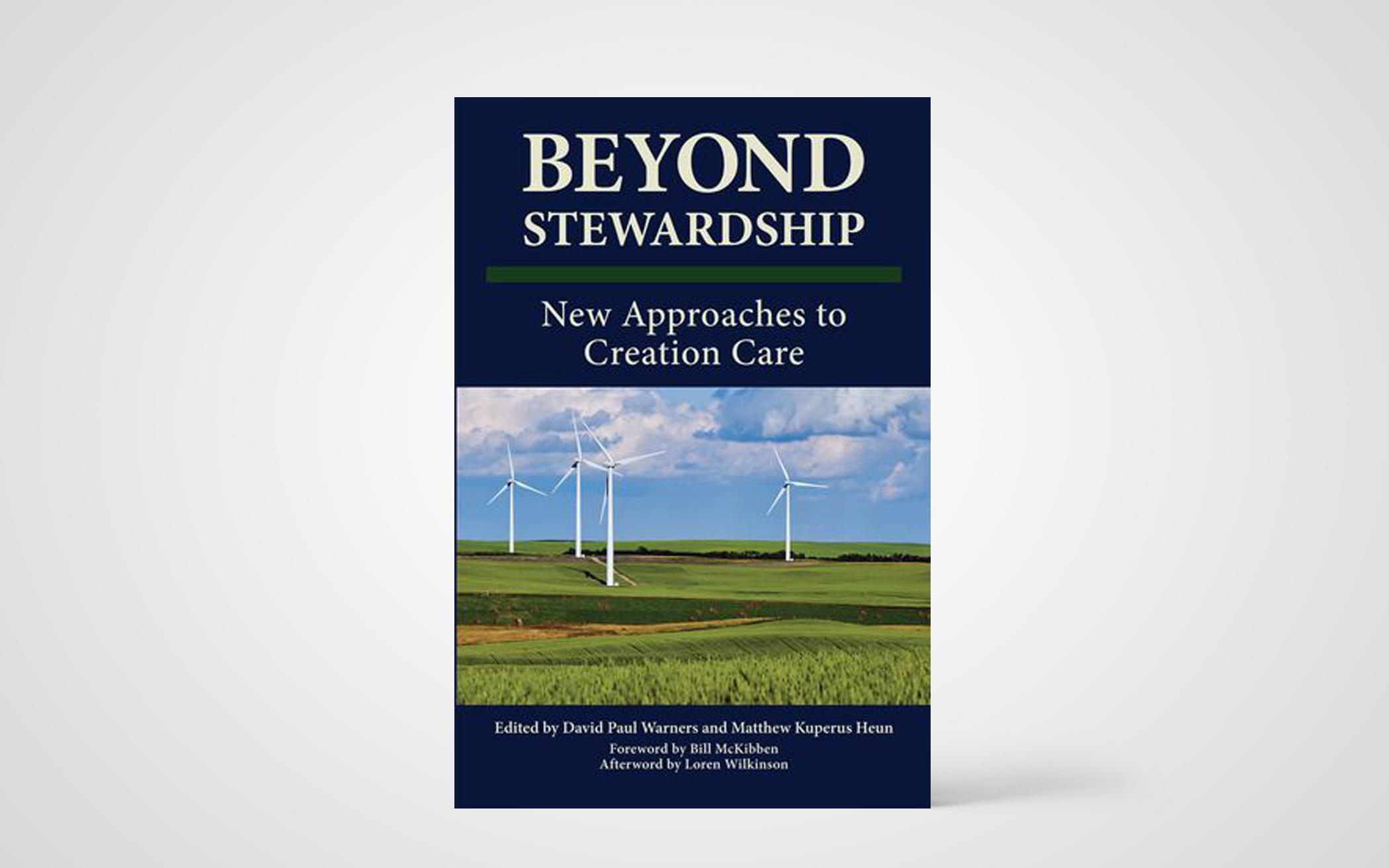When Old Testament prophets spoke to the Israelites, their messages often fell into two main categories: “things need to change” and “there is still hope.” They had tough demands for the people of God, but not without assuring them that repentance would bring healing.
Beyond Stewardship: New Approaches to Creation Care, edited by David Paul Warners and Matthew Kuperus Heun, is gently, passionately prophetic. The 15 contributors, each a scholar in a different academic field, insist that things need to change in how Christians talk about and act upon our call to take care of the earth. But they also insist that there is still hope—that a few changes to our language, our worship, our policies, and our behavior can help us heal the broken relationships between humans and the rest of creation.
Forty years ago, a book called Earthkeeping established a framework for creation care called Christian Environmental Stewardship. Under CES, humans are supposed to act as wise and careful stewards of the earth’s natural resources. Beyond Stewardship’s contributors suggest that, while the CES model was a useful step forward in Christian environmentalism, it has several weaknesses that need to be addressed. For example, CES overlooks human dependence on other lifeforms, the natural world’s inherent value as a creation of God, and the ways people without power are left out of stewardship and disproportionately affected by pollution and climate change.
Beyond Stewardship offers several alternative frameworks, including “kinship” with nature, “place-making and place-keeping,” and understanding the world as “gift-laden.” It also offers strategies for putting these new frameworks into practice. Some of these strategies, like involving racial and ethnic minorities in environmental decision-making, will take large-scale communal effort, while others, like eating less meat and learning the names of the plants in your backyard, are simple enough to start doing tomorrow.
The authors present a range of perspectives on the CES model, some suggesting that the word “stewardship” is still valuable, others arguing that it is misleading or unhelpful. The book also provides a useful corrective to views like environmental anti-natalism, in which humans are a “weed species” that inevitably harms and corrupts the natural world. It insists instead that humans are part of nature, so villages and cities are just as “natural” and worthy of compassionate care as rivers and oceans.
Throughout the book, the authors encourage their readers to treat the world around them with humility, honesty, and curiosity. They repeat the old prophetic message that repentance brings life—not just for humans, but for all of creation. (Calvin College Press)
About the Author
Josh Parks is a freelance writer and editor. He graduated from Calvin University in 2018 and has an MA in medieval studies from Western Michigan University. He attends Church of the Servant CRC in Grand Rapids, Mich.

